World Heritage day 2024: What's the significance of the day in India?
World Heritage Day, also known as the International Day for Monuments and Sites, is commemorated annually on April 18. This year, it falls on Thursday, April 18, 2024. The primary objective of this day is to increase awareness regarding the diversity and significance of the world’s cultural heritage, emphasizing the necessity to safeguard and maintain it for forthcoming generations.
Also Read: 15 Must-See Festivals and Fairs Showcasing India's Culture
Theme: “Disasters & Conflicts Through the Lens of the Venice Charter” Since 1983, the International Council on Monuments and Sites (ICOMOS) has designated a theme around which events and activities revolve for World Heritage Day. In 2024, the chosen theme is “Disasters & Conflicts Through the Lens of the Venice Charter.” This theme accentuates the challenges and risks faced by heritage sites and monuments, spanning from natural calamities to human-induced conflicts. It underscores the relevance of the principles and directives articulated in the Venice Charter for their preservation and upkeep.
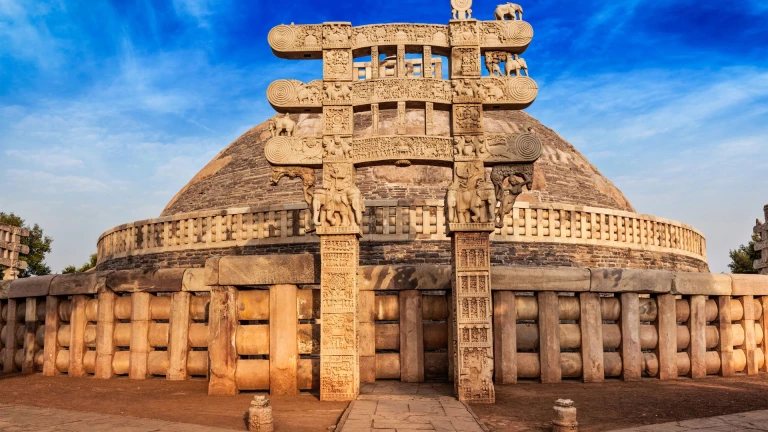
History and Origins
The concept of observing World Heritage Day was initially proposed by ICOMOS in 1982 and received approval at UNESCO’s General Conference the subsequent year. Since then, April 18 has been marked as the day to celebrate and promote awareness about the world’s cultural heritage.
The observance of World Heritage Day signifies the worldwide acknowledgment of the importance of conserving and safeguarding our collective cultural legacy. It serves as a reminder that heritage sites and monuments are not merely local or national treasures but are integral components of humanity's shared heritage.
Significance and Importance
Our cultural heritage constitutes a crucial aspect of our individual, communal, and national identities. It mirrors our diverse traditions, histories, and the creative expressions of our forebears. Heritage sites and monuments function as gateways to the past, enabling us to connect with our shared historical narratives and traditions.
Nevertheless, these heritage sites and monuments are frequently vulnerable to diverse threats, including natural disasters, conflicts instigated by humans, and the pressures of urbanization and development. World Heritage Day acts as a platform to raise awareness about the imperative to protect and conserve these priceless assets for present and future generations.
India’s Rich Cultural Heritage
India boasts an extensive and varied cultural heritage, encompassing a total of 3,691 recognized monuments and sites. Among these, 40 have been designated as UNESCO World Heritage Sites, each possessing its distinct history, architectural style, and cultural significance.
Some of India's most iconic and renowned heritage sites include:
The Taj Mahal: Located in Agra, the Taj Mahal is a magnificent mausoleum constructed in the 17th century by the Mughal emperor Shah Jahan, showcasing India’s architectural and artistic prowess.
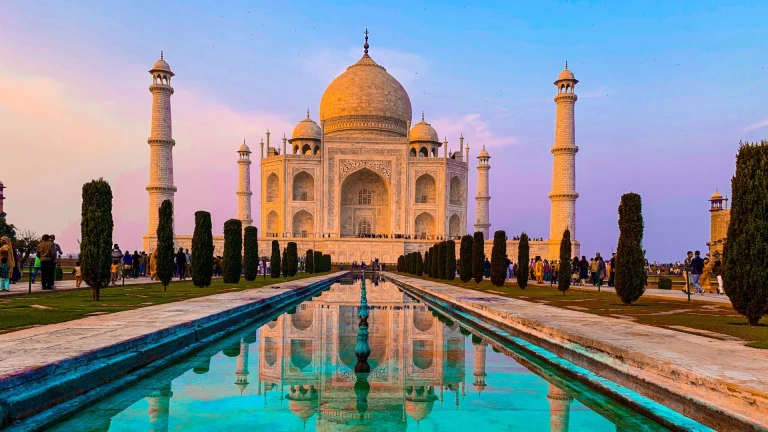
The Red Fort: Situated in the heart of Delhi, this UNESCO World Heritage Site symbolizes the might and magnificence of the Mughal Empire.
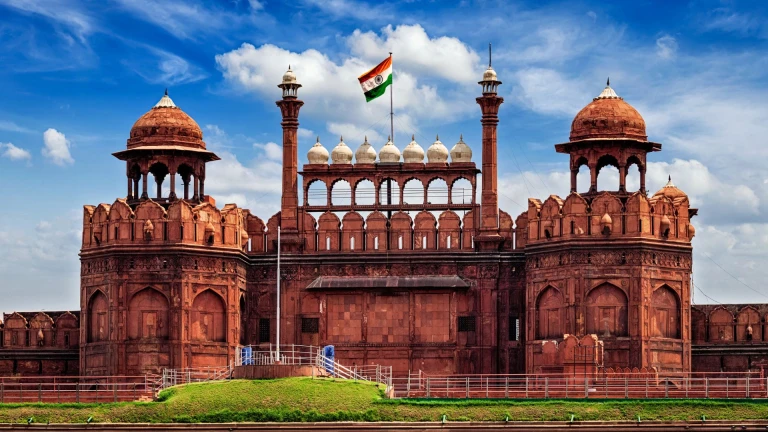
The Qutub Minar: Standing at an impressive height of 73 meters, this towering minaret is the tallest brick minaret globally and a remarkable specimen of Indo-Islamic architecture.
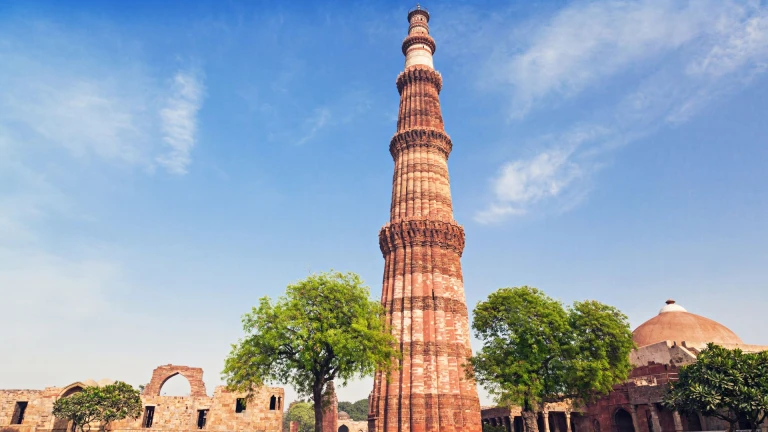
Humayun’s Tomb: This grand mausoleum, erected in the 16th century, epitomizes Mughal architecture and foreshadows the renowned Taj Mahal.
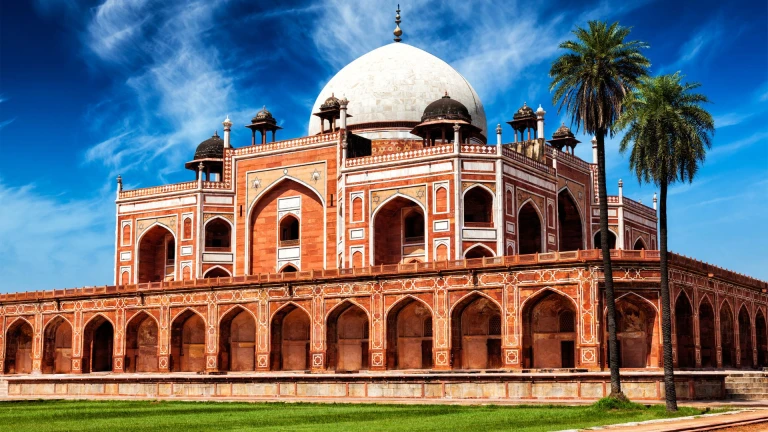
The Temples at Hampi: The ruins of Hampi, once the capital of the Vijayanagar Empire, are a UNESCO World Heritage Site, underscoring the architectural and cultural accomplishments of medieval India.
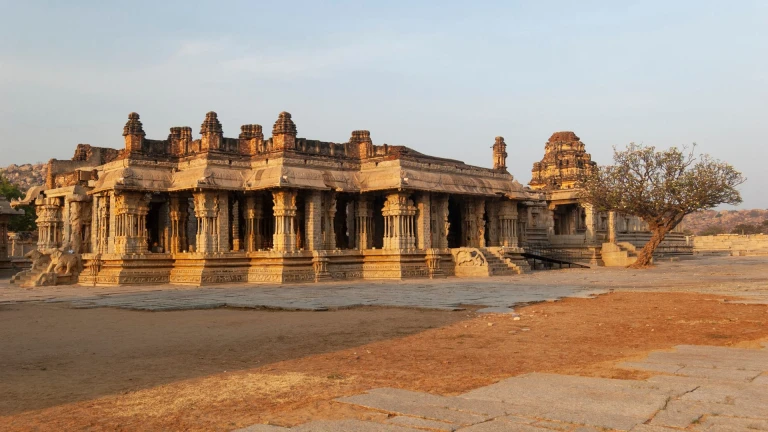
The Sanchi Stupa: Dating back to the 3rd century BCE, this ancient Buddhist monument serves as a remarkable testament to India’s artistic and spiritual heritage.
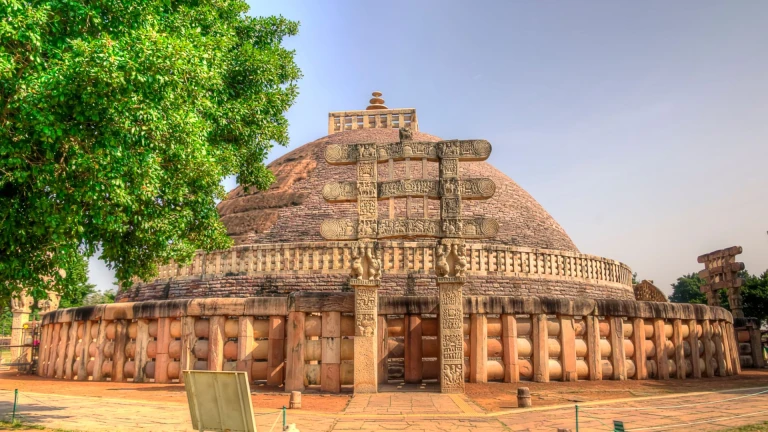
These examples represent only a fraction of the numerous heritage sites and monuments scattered across India, each possessing its unique historical narrative, cultural significance, and architectural splendor.
Preserving Our Cultural Legacy
As we observe World Heritage Day 2024, it is imperative to acknowledge the significance of preserving and safeguarding our cultural heritage. These sites and monuments are not mere physical edifices but repositories of our shared history, traditions, and identity. By protecting them, we not only pay homage to the past but also ensure that future generations can partake in and appreciate the richness of our cultural heritage.
The theme for this year’s World Heritage Day, “Disasters & Conflicts Through the Lens of the Venice Charter,” underscores the ongoing challenges and perils confronting heritage sites and monuments, ranging from natural disasters to human-induced conflicts. The Venice Charter, established in 1964, delineates the principles and guidelines for conserving and restoring historic edifices and sites, serving as a critical framework for safeguarding our cultural heritage.
Also Read: UNESCO Adds 6 New Madhya Pradesh Destinations to Tentative World Heritage Sites List
As we celebrate World Heritage Day 2024, let us unite as a global community to promote awareness regarding the significance of cultural heritage and the imperative to protect and preserve it for posterity. By doing so, we can ensure that our shared history, traditions, and identity endure and are cherished for generations to come.
Published at
About Author
Manya Shastry
Subscribe our Newsletter
Get our weekly tips and travel news!
Related Posts
10 Best Countries to Celebrate New Year 2025
Explore the best countries to celebrate New Year 2025, from Sydney's dazzling fireworks to Rio's beach parties and Tokyo's traditional celebrations.
10 Best Places in India to Celebrate Ganesh Chaturthi 2024
Explore the 10 best places in India to celebrate Ganesh Chaturthi!
10 Best Places to Celebrate Ganesh Chaturthi in Bengaluru
Ganpati Bappa Morya!
10 Durga Puja Street Markets in Kolkata for Sarees, Crafts & Food
This Durga Puja, explore Kolkata’s vibrant street markets buzzing with sarees, crafts, and festive food. A shopping and cultural delight awaits at every corner.
10 Most Popular Festivals in North India
Explore the vibrant tapestry of North India's festivals, from the dazzling lights of Diwali to the joyous hues of Holi, showcasing a rich cultural heritage that unites communities in celebration and harmony.
Latest Posts
India's New Baggage Rules 2026: Higher Duty-Free Limits Explained
Good news for international travelers! India just made customs clearance easier with the new Baggage Rules 2026, effective February 2. You can now bring more stuff home duty-free, and the whole process is going digital.
7 Safest Places for Solo Female Travelers in India in 2026
Explore the 7 safest, most vibrant Indian spots for solo female travelers in 2026, from Himalayan peaks to coastal escapes.
Europe's tourism landscape is experiencing dramatic transformations in 2026, with Portugal, Spain, Italy, Bulgaria, and the UK dominating international headlines through record-breaking growth, revolutionary travel systems, and strict new regulations resh
5 International Destinations Under ₹50000 in 2026
Explore 5 amazing budget-friendly countries to visit for under ₹50,000 in 2026. Your dream international trip starts here!
7 Countries Visa-Free for Indians in 2026
Explore 7 amazing countries Indians can visit visa-free in 2026! From Thailand to Fiji, plan your next big escape today.

